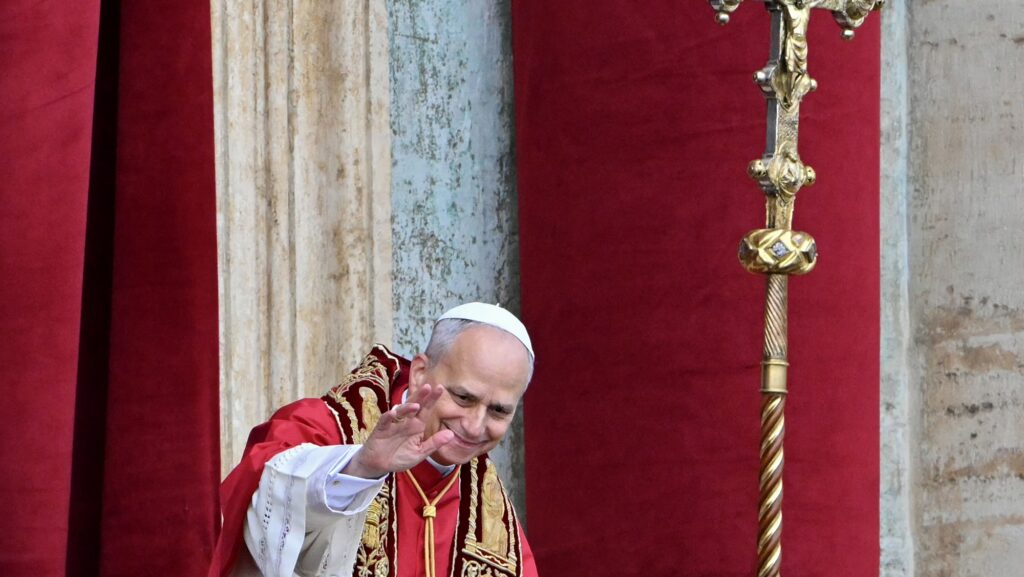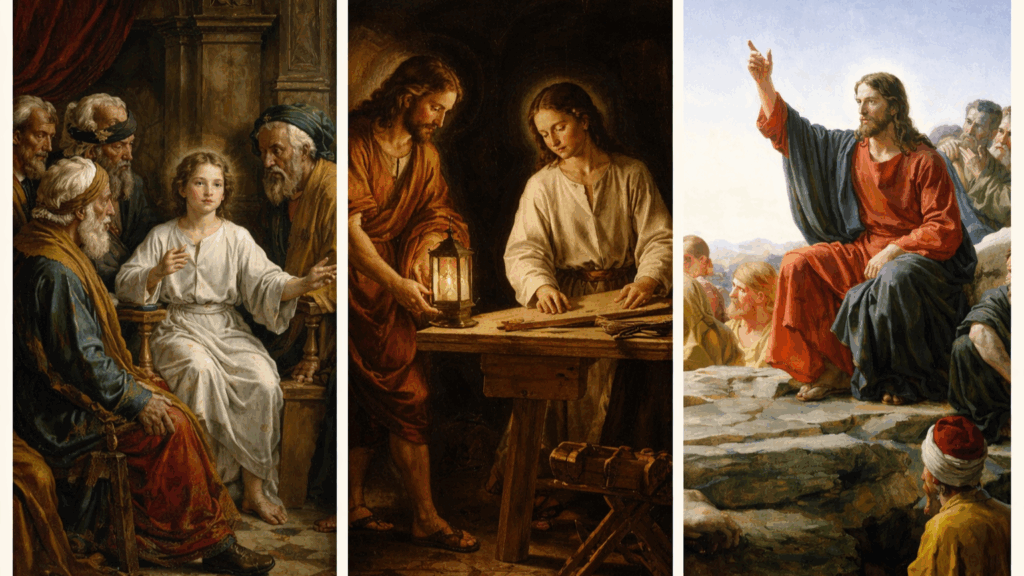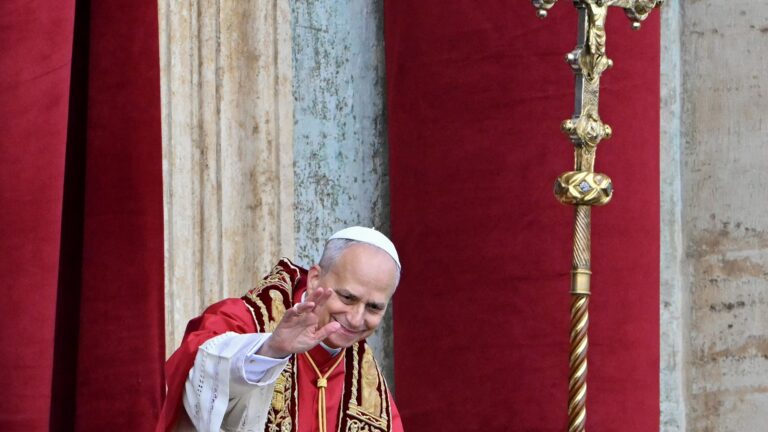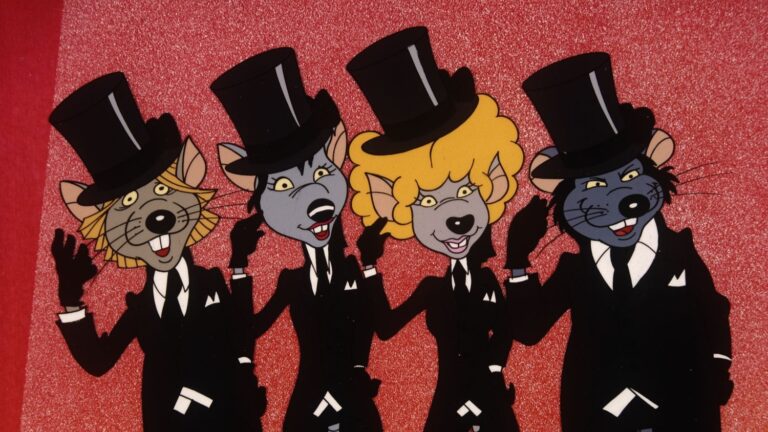The world–famous American soft drink company Coca-Cola has recently started a custom cans campaign. For $7.95, they are allowing their customers to print custom messages on their 12-ounce cans of Coke, either through the campaign’s website, or in-store at certain locations in the United States.
The popular anti-progressive X user Libs of Tik Tok soon spotted that the website is not allowing them to print ‘Trump 2024’ on their can, but is completely fine with the message ‘Harris Walz 2024’. However, that is not what ignited the real controversy.
American comedian and commentator Tim Young posted a video of himself attempting to use Coke’s personalized can perk, also on X. On an in-store touch screen machine, he tried to print the word ‘Jesus’ on his drink, but the machine gave him an error message, saying ‘Sadly, we cannot automatically put this text on the can!’.
Young went on to input the names of other religious figures, Allah and Buddha (although he misspelled the latter, typing ‘Buddah’), and the machine accepted both. He then put the message ‘Satan loves you’ for a try, and that too was allowed to be printed on the Coca-Cola can.
Tim Young on X (formerly Twitter): “Coca Cola won’t let you personalize a can with “Jesus” …but allows satan and Allah.Why do they discriminate against Christianity? pic.twitter.com/j08P4fDIAT / X”
Coca Cola won’t let you personalize a can with “Jesus” …but allows satan and Allah.Why do they discriminate against Christianity? pic.twitter.com/j08P4fDIAT
The video received a lot of traction, gaining 81,000 likes, 26,000 retweets, and 7,000 comments in two days. Consequently, the hashtag ‘#BoycottCocaCola’ started to trend on X on Wednesday, 25 September.
Many users called for a boycott of the soft drinks company similar to that of Bud Light in 2023. Then, the United States’ most popular beer brand decided to hire transgender influencer Dylan Mulvaney for a promotional campaign. Coincidentally, that incident involved customized cans as well. The company sent Mulvaney his own specialized beer cans with his face on them. That boycott was proven to be very successful, resulting in Bud Light losing billions in sales, and even its place as the market-leading beer brand in the US.
The Coca-Cola company was founded in Atlanta, Georgia in 1892, by John Stith Pemberton, a veteran of the Confederate Army in the American Civil War. Thus, for a long time, the drink was considered a staple of life in the American South, a deeply Christian culture—however, due to the ubiquity of the brand, that association has waned in recent decades.
Coca-Cola has since banned the names of all religious figures from their custom cans campaign. This was demonstrated by YouTuber Jeremy ‘The Quartering’ Hambly in his video covering the event, uploaded on 26 September.
No Title
No Description
This is not the first time in recent months that Christians have been offended by a world-famous organization.
The opening ceremony of the 2024 Summer Olympics in Paris, France featured a scene that many people interpreted as a parody of the famous painting The Last Supper by Leonardo Da Vinci. While originally denying the intentions, the Olympic organizers eventually apologized for the incident.
Related articles:







